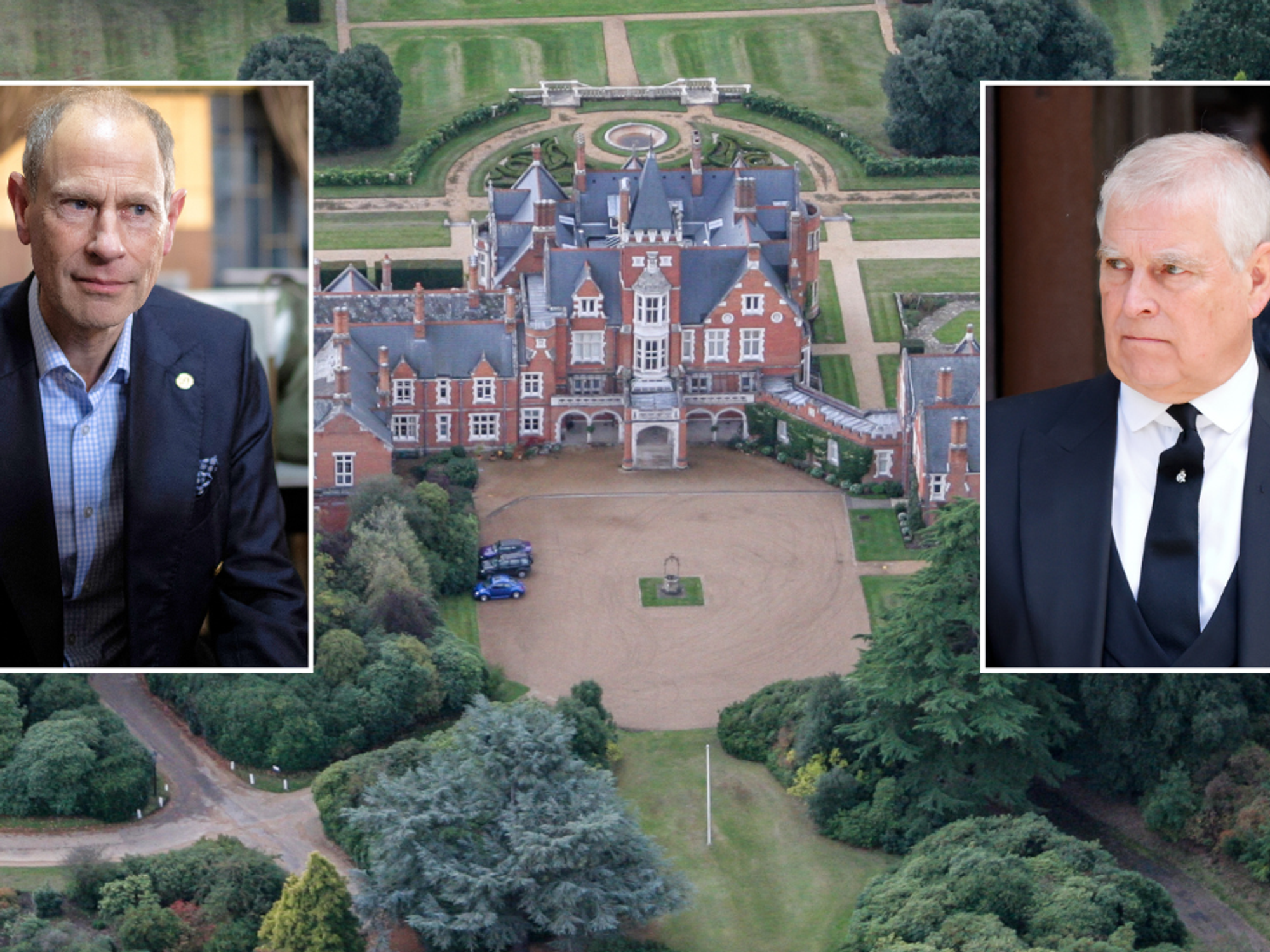Alex Phillips: We really need to talk about online safety

By Alex Phillips
Published: 09/11/2021
- 16:28Updated: 09/11/2021
- 17:04'Leaked internal documents from Facebook have revealed the extent to which the company is aware that its technology has potent and grave, insidious real world implications'
Don't Miss
Most Read
Move fast and break things. That was apparently Mark Zuckerberg’s infamous motto when it came to the blistering pace of development in Silicon Valley. Those daring dot com bros revolutionised the world by becoming the choreographers of our communication: Who we connect with, how we connect with them and what we are connecting over.
It all seemed like a blur of opportunity, an alternative Randian tech utopia where the limitations of human interaction could finally break physical, temporal and linguistic boundaries, where the frontiers of freedom are being pushed to their limits, aided by artificial intelligence and algorithms to feed needs we didn’t even know existed, generating new biopsychosocial pathways stimulated by compulsive engagement in rewarding onscreen stimuli, pushing our attachment to the platforms themselves deeper and deeper.
Yet something else has taken place. By forging such addictive bonds to technology, are we conversely dehumanising ourselves? Instead of a world of connections, are we doing the opposite, and disconnecting, from reality, from the truth, from each other? Have we moved so fast, that we have severed some of the most abstract but essential bonds of humanity?
Leaked internal documents from Facebook have revealed the extent to which the company is aware that its technology has potent and grave, insidious real world implications; encouraging self harm and suicide, favouring extreme, polarising content, distorting democratic determination through imbalanced promotion of unverified clickbait, spreading fake news, exploited for grooming and abuse, to harness and seed extremism and availing itself to serious manipulation by criminals and hostile foreign actors simultaneously building a parallel dark web where sinister and nefarious activities bubble just below the surface.
Ushering in a whole new untested meta existence in uncharted virtual territory is leading to perverse reverberations in the realm of the real, such as an explosion in cosmetic procedures to look more like filtered avatars, dubbed selfie dysphoria. Yet because there has never been any form of metric to monitor the crossover effects of our online behaviour onto our daily lives, the full extent of the impact of social media consumption is hard to measure and woefully, dangerously underestimated.
What is still a relatively new innovation, having existed a mere 17 years, has been allowed to develop entirely unbridled and loosely monitored. We are only just beginning to realise the potential and significant harms in retrospect, while being forced to ask whether we can now put the genie back in the bottle.
It’s not only the psychological impact we should be scared of. The sheer scale of potential monetisation and manipulation of social media means that this extremely powerful resource can insert itself directly into your psyche and work surreptitiously to control your actions and attitudes. It can be used to harvest demographic information on an industrial scale, with platforms such as TikTok accused of being used by the Chinese Communist Party for mass surveillance and cyber intelligence.
Facebook used to go by the slogan It’s Free And Always Will Be. But if we aren’t paying to use it, how has it amassed a 130 billion dollar market value? Because you, dear viewer, are the thing on sale. You are the invaluable commodity, the most powerful resource on earth, a unit to buy things, to vote for things, to believe in things and campaign for things.
You are the vessel of commerce, with every click, post, interaction and piece of open source data, up for grabs to shadowy figures who want to select YOU to commodify for future profits and inscrutable influence, regardless of the harm it may be doing to you, your community, your privacy, your security and your sanity.
With the UK Parliament currently taking evidence ahead of the formulation of the online safety bill, we could be one of the first countries in the West to broadly regulate social media, with only Germany and Australia attaching legal addendums on the most extreme harmful content online. But is clamping down on communications platforms akin to mass censorship and regulatory overreach and a threat to individual liberty? Or is it perilously long overdue? Today, we really need to talk about online safety.











